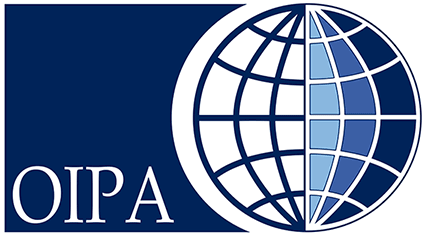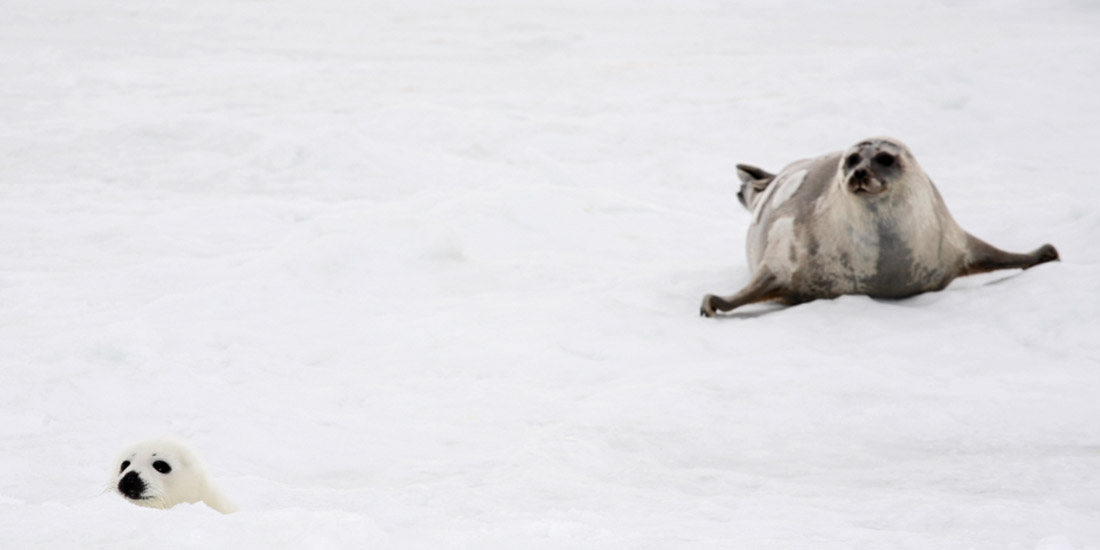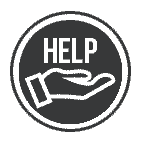THE EUROPEAN PARLIAMENT AND THE COUNCIL OF THE EUROPEAN UNION,
HAVE ADOPTED REGULATION (EC) No 1007/2009 on trade in seal products.
Seals are sentient beings that can experience pain, distress, fear and other forms of suffering. In its declaration on banning seal products in the European Union the European Parliament requested the Commission immediately to draft a regulation to ban the import, export and sale of all harp and hooded seal products. In its resolution of 12 October 2006 on a Community Action Plan on the Protection and Welfare of Animals 2006-2010, the European Parliament called on the Commission to propose a total import ban on seal products. In its Recommendation 1776 (2006) of 17 November 2006 on seal hunting, the Parliamentary Assembly of the Council of Europe recommended inviting the Member States of the Council of Europe practising seal hunting to ban all cruel hunting methods which do not guarantee the instantaneous death, without suffering, of the animals, to prohibit the stunning of animals with instruments such as hakapiks, bludgeons and guns, and to promote initiatives aimed at prohibiting trade in seal products.
The import into Member States for commercial purposes of skins of harp seal pups and hooded seal pups and products derived therefrom is prohibited under Council Directive 83/129/EEC of 28 March 1983 concerning the importation into Member States of skins of certain seal pups and products derived therefrom.
Seals are hunted within and outside the Community and used for obtaining products and articles, such as meat, oil, blubber, organs, fur skins and articles made therefrom, which include products as diverse as Omega-3 capsules and garments incorporating processed seal skins and fur. Those products are sold commercially on different markets, including the Community market. Given the nature of those products, it is difficult or impossible for consumers to distinguish them from similar products not derived from seals.
The hunting of seals has led to expressions of serious concerns by OIPA, members of the public and governments sensitive to animal welfare considerations due to the pain, distress, fear and other forms of suffering which the killing and skinning of seals, as they are most frequently performed, cause to those animals.
In accordance with the Protocol on protection and welfare of animals annexed to the Treaty, the Community is to pay full regard to the welfare requirements of animals when formulating and implementing, inter alia, its internal market policy.
Member States shall lay down the rules on penalties applicable to infringements of this Regulation and shall take all measures necessary to ensure that they are implemented. The penalties provided for shall be effective, proportionate and dissuasive. Member States shall notify the Commission of those provisions by20 August 2010, and shall notify it without delay of any subsequent amendment thereto. By 20 November 2011 and thereafter every 4 years, Member States shall submit to the Commission a report outlining the actions taken to implement this Regulation.
Canada’s annual seal hunt is the largest slaughter of marine mammals on Earth. Sealers bludgeon the animals with clubs and “hakapiks” (clubs with metal hooks on their ends) and drag the seals—who are still conscious—across the ice floes with boat hooks. Many of these animals are even skinned alive. Hunters toss dead and dying seals into heaps and leave their carcasses to rot on the ice floes because there is no market for seal meat.
OIPA welcomes the new REGULATION (EC) No 1007/2009, after many years of campaigns we win. We’ve made history. Thank you for being a part of our campaign to save the seals. Thank you to the European Union for rejecting cruelty.
Regulation (EC) No. 1007/2009 of the European Parliament and the Council on trade in seal products was adopted on 16 September 2009 and was published on 31 October 2009. It enters into force 20 days after publication. The Regulation prohibits the marketing of products derived from seals on the EU market. It applies to seal products produced in the EU and imported products. It does not apply to transit through the EU.
Now, we have to keep the pressure on Namibian authorities. Namibia now remains the only country on earth to round up nursing baby seals still suckling on their mother’s milk, driving them in-land away from the safety of the sea, and as they attempt to flee alongside their mothers back to its safety are clubbed and stabbed to death by rows of as many as 100 part-time migrant workers – everyday between July 1 and November 15, each year. Vomiting up their mother’s milk as they slowly die.
Paola Ghidotti
OIPA International Campaigns Director




